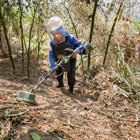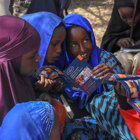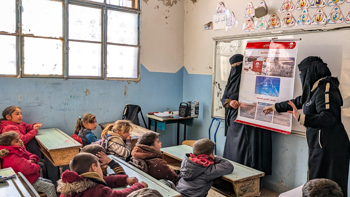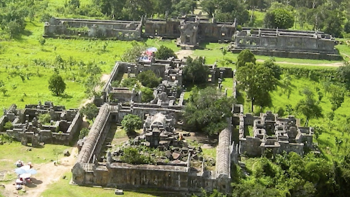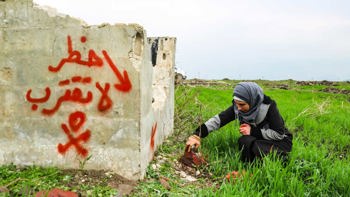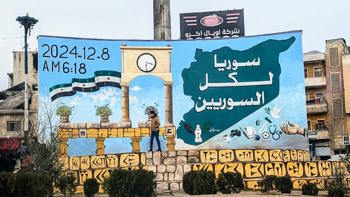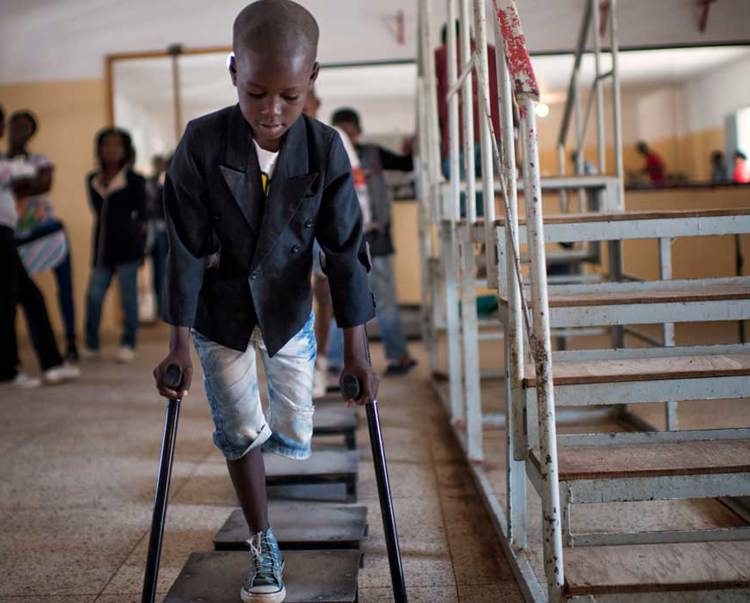Yemen is a Middle Eastern country, bordering Saudi Arabia and Oman. It has a long coastline, touching on the Red Sea and the Arabian Sea.
HALO has worked here since 2019. Our focus is clearing explosives, and giving safety training to adults and children.
Situation in Yemen
Yemen has been plagued by military conflicts. Civil wars in the 1960s and 1990s resulted in widespread explosive and mine contamination across the country.
In 2011, a conflict erupted between the internationally-recognised government and Ansar Allah, known as the Houthis. This created one of the world’s worst humanitarian crises.
In 2022, a six-month truce represented a major step in the peace process. Sadly this led to a 160% increase in landmine and explosives accidents. On average, a child in Yemen was killed or injured by explosives every two days during that year.

Current status
Frontline areas are particularly badly contaminated. Communities face a lethal mix of unexploded ordnance, improvised devices, and traditional landmines.
Deadly remnants of war have left vast areas of farmland, water sources and communities contaminated, preventing families from rebuilding their livelihoods.
Extreme poverty and insecurity, as well as escalating regional crises, have increased the threat of conflict in Yemen. According to the UN, 18 million people face severe hunger. Over a million children under five suffer acute malnutrition, risking lifelong physical and cognitive damage.
Clearing explosives is a critical step towards ending the cycle of violence and enabling Yemen's recovery.
“Sometimes you would see a soldier yelling at displaced people, asking why they’re living in a contaminated house and telling them to go somewhere safe, but the people would respond that they simply have nowhere else to go”
HALO's work and impact in Yemen
HALO established operations in Aden in 2019 and in Taiz City in 2022. We work closely with YEMAC, the national mine action organisation.
We clear landmines and explosives on a large scale so families can return home.
We conduct land and community surveys to fully understand the extent of contamination.
We run safety training courses to teach the local community how to avoid putting themselves at risk.
We also provide training and mentoring to YEMAC staff.


Clearance operations
HALO operations have expanded to include explosive ordnance disposal. We destroy items that pose a threat to communities.
HALO conducts these activities safely in heavily-populated urban areas, and more remote agricultural areas. Our teams in Taiz use armoured mechanical clearance to remove explosive hazards in the city centre.
High levels of destruction in densely-populated areas require an innovative approach. Our teams use adapted plant machinery to remove debris from damaged buildings. This enables us to deal with unexploded ordnance safely.


